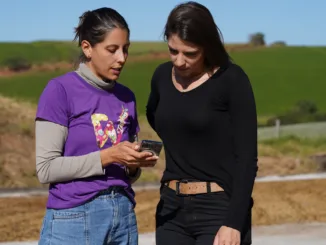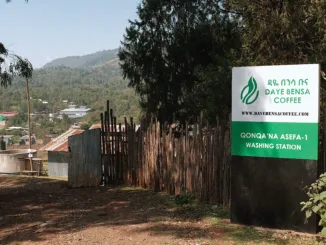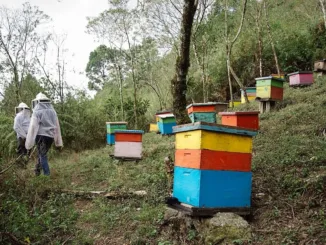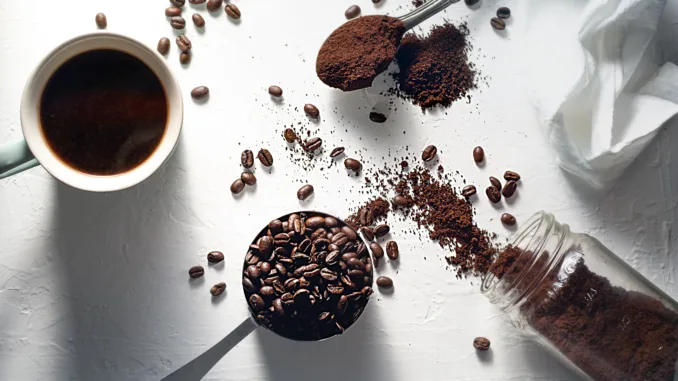
The significant rise in price is expected to be a boon for producers facing numerous financial and environmental challenges.
BY J. MARIE CARLAN
BARISTA MAGAZINE ONLINE
Featured photo by Christina Rumpf via Unsplash
On August 1, 2023, Fairtrade International will be raising its minimum pricing for coffee.
The minimum price for unwashed arabica beans is currently $1.40 per pound; the new price will increase to $1.80 per pound. (More than 80% of Fairtrade coffee sold is arabica.) For natural robusta, the price will increase by $0.19, from $1.01 to $1.20 per pound. The additional value placed on organic Fairtrade-certified coffee (which accounts for more than half of the Fairtrade beans sold) is increasing from $0.30 to $0.40 per pound. The price increase will apply to contracts signed into effect on or after August 1.
An Unpredictable Market
The global coffee market was valued at around $126 billion USD in 2022. However, the coffee market is known to be volatile, and recent global events related to climate and inflation have added to its unpredictability. Studies on coffee market prices are common, yet fail to find a solution to the predictability problem in coffee pricing.
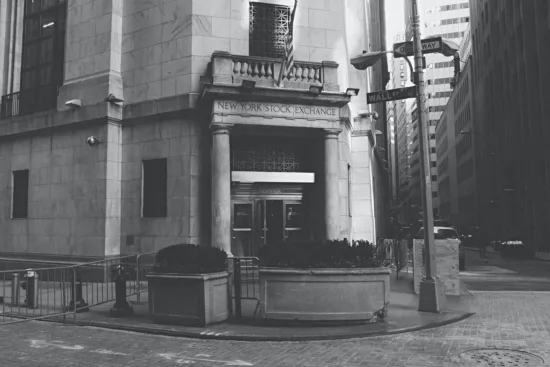
The Fairtrade minimum price increase comes at a time when climate change and economic instability are taking a heavy toll on coffee producers around the world. When the C price (the price of coffee globally traded on the New York futures market) falls below a point of sustainability, coffee producers bear the brunt of the hit. Smallholder farmers produce over half of the world’s coffee, yet half of them live in poverty, and nearly a quarter of smallholder producers live in extreme poverty. According to Fairtrade, farming producers typically retain around 1% of the retail coffee price. The Fairtrade minimum price is intended to act as an economic safety net for coffee producers when the C price reaches too-low levels.
The purpose of the increase, according to Monika Firl, the senior manager for coffee at Fairtrade International, is to help offset those difficulties and give producers a leg up. “With the new Fairtrade minimum price, Fairtrade is offering coffee farmers and their cooperatives a pricing safety net, better adapted to the uncertain times we are living in, while leaving the door open for them to earn more when market prices are above the Fairtrade minimum price,” she said in a press release on Fairtrade International’s website on March 30.
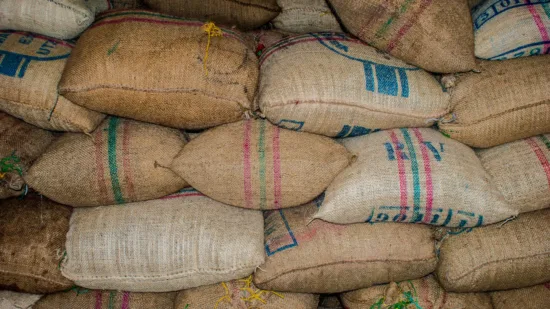
Fairtrade Premiums
Fairtrade-certified farmers also receive a premium above the selling price, which can be invested by producers into their choice of needs. Fairtrade-certified co-ops often use these additional funds for community projects like building schools or installing water pumps. Farmers may also upgrade their equipment, or adapt their farms to climate and environmental changes. More than 1.5 billion euros have been paid out as premiums in the last decade.
Setting the New Price
To determine the new minimum price for coffee, Fairtrade conducted a cost-of-production analysis and consulted with key stakeholders over a period of three months. More than 540 participants (86% of whom were farmers) from 40 countries provided input. The report was brought to the Fairtrade Standards Committee, which reviews all Fairtrade standard and pricing decisions for approval; the committee is composed of three producer representatives, one trade union (worker) representative, one trader representative, and three national Fairtrade organization representatives. After reviewing the report, the committee made the decision to raise the minimum price.
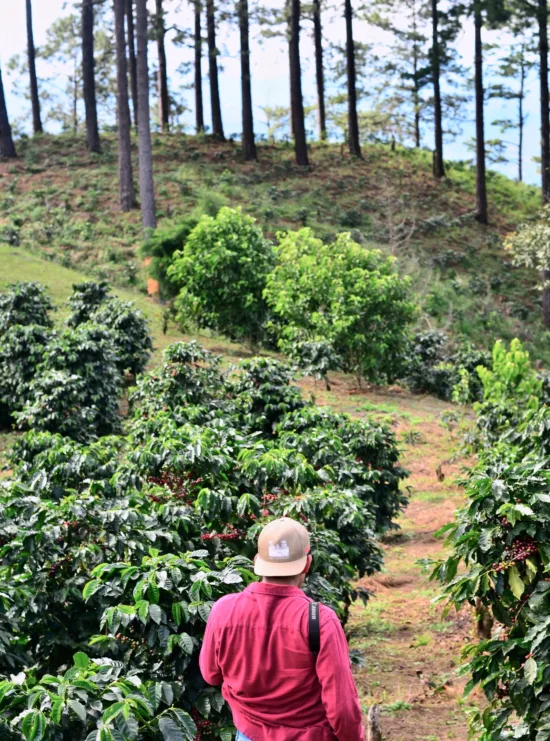
Coffee Farming’s Future
“Fairtrade coffee farmers are doing their part, and the new Fairtrade minimum price is an important step forward,” Monika concludes. “But we know that farmers will continue to face increasing costs to comply with requirements related to deforestation and other priorities of governments, brands, and conscious coffee drinkers. In addition, reaching a living income for farmers will require collective action across the industry, and is not something that Fairtrade alone can achieve. It is time for the global coffee industry to step up and walk the talk.”
You can read more about Fairtrade’s impact on farmers around the world here.
ABOUT THE AUTHOR
J. Marie Carlan (she/they) is the online editor for Barista Magazine. She’s been a barista for 15 years and writing since she was old enough to hold a pencil. When she’s not behind the espresso bar or toiling over content, you can find her perusing record stores, collecting bric-a-brac, writing poetry, and trying to keep the plants alive in her Denver apartment. She occasionally updates her blog.

